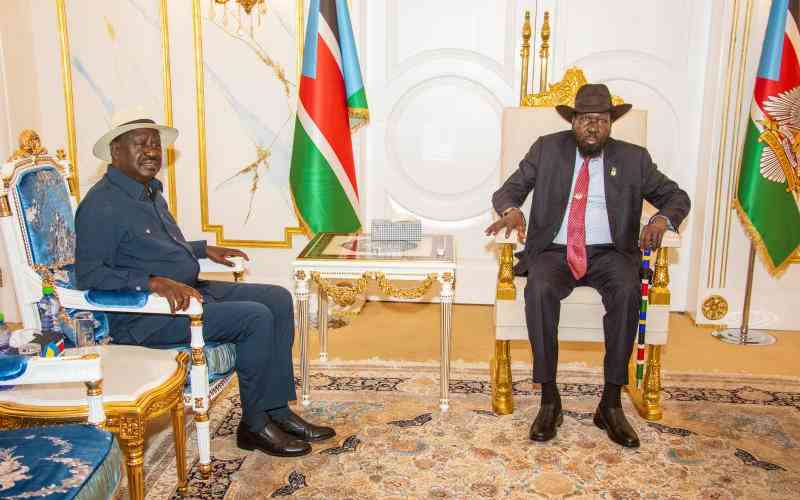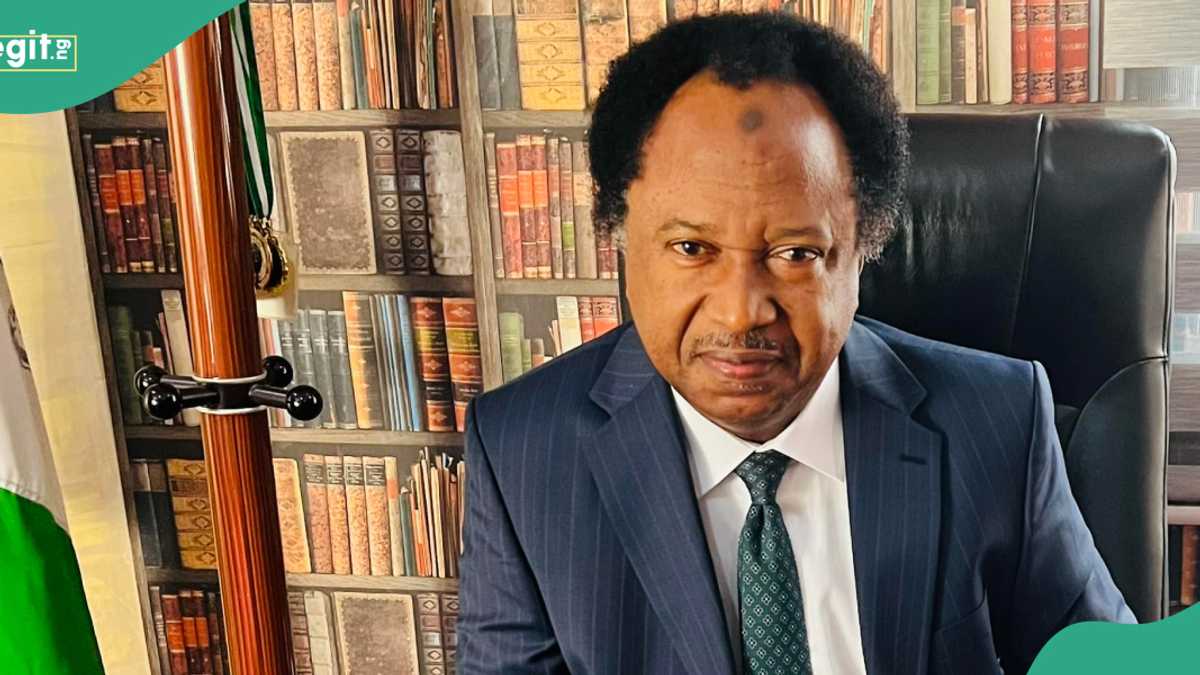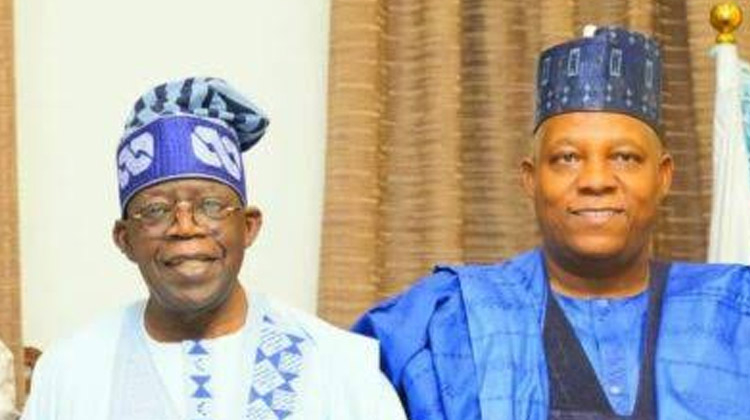Shehu Sani Explains Reasons for Losing Senate Re-Election Bid in 2019

Former Kaduna lawmaker, Senator Shehu Sani, has publicly stated that the primary reason for his failure to secure re-election in the 2019 senatorial race was his staunch opposition to the former Governor Nasir El-Rufai's proposal to acquire a substantial foreign loan of $340 million. Sani, who previously represented the Kaduna Central Senatorial District in the Eighth Senate, made these remarks during an interview with the News Agency of Nigeria (NAN) in Abuja on Sunday. He emphasized that his commitment to speaking truth to power was the direct cause of his electoral defeat.
Sani elaborated on the circumstances surrounding the loan, stating, "I was insistent on speaking truth to power, and that was why I lost my re-election bid in 2019. Former Gov. Nasir El-Rufai was going for a 340 million dollar loan, and we said ‘No.’" He further explained that he and several other politicians had warned the then-governor about the potential adverse effects of such a financial undertaking on the populace. However, El-Rufai proceeded with the loan acquisition, perceiving those who opposed him as political adversaries. This contentious issue led to significant political fallout, including an exodus of politicians from their party.
The former senator highlighted the personal repercussions of his stance, noting, "My own very case was that I stood up to the governor, and I paid the price by losing my seat." Despite the personal cost, Sani expressed a sense of vindication, stating that subsequent events have validated his concerns. He pointed out that even the current governor of Kaduna State has publicly acknowledged the detrimental impact of the loan on the state's finances and economy. Sani noted the prevalence of abandoned and incomplete projects throughout Kaduna, which has become the second most indebted state in Nigeria.
Sani conveyed his satisfaction with the role he played in opposing the controversial loan, asserting, "I’m satisfied that, at least, when I die, nobody will look to my grave and say this is the person who signed an approval for the loan that we are going to pay in 100 years. The vindication is more important to me than my return to the National Assembly." He also attributed the high turnover rate among National Assembly members to their reluctance to challenge their respective governors, emphasizing that loyalty to the executive branch often trumps other considerations.
Furthermore, Sani commented on the selection process for leadership positions within the National Assembly, asserting that the executive branch heavily influences the outcomes. He stated that even the most qualified candidates could only ascend to positions such as Senate President or Speaker of the House if they were favored by the executive. Sani recounted a perceived misstep during President Buhari’s tenure in 2015, which allowed Senators Bukola Saraki and Yakubu Dogara to assume leadership roles, leading to a challenging four-year period.
According to Sani, governors prioritize loyalty above all else when selecting candidates for key positions within the state assembly. He claimed that the primary qualification for a speaker is unwavering loyalty to the governor or president, potentially overshadowing other attributes such as competence, knowledge of lawmaking, or communication skills. The former senator's statements shed light on the complex interplay between state and federal politics in Nigeria, highlighting the challenges faced by lawmakers who prioritize accountability and transparency.












